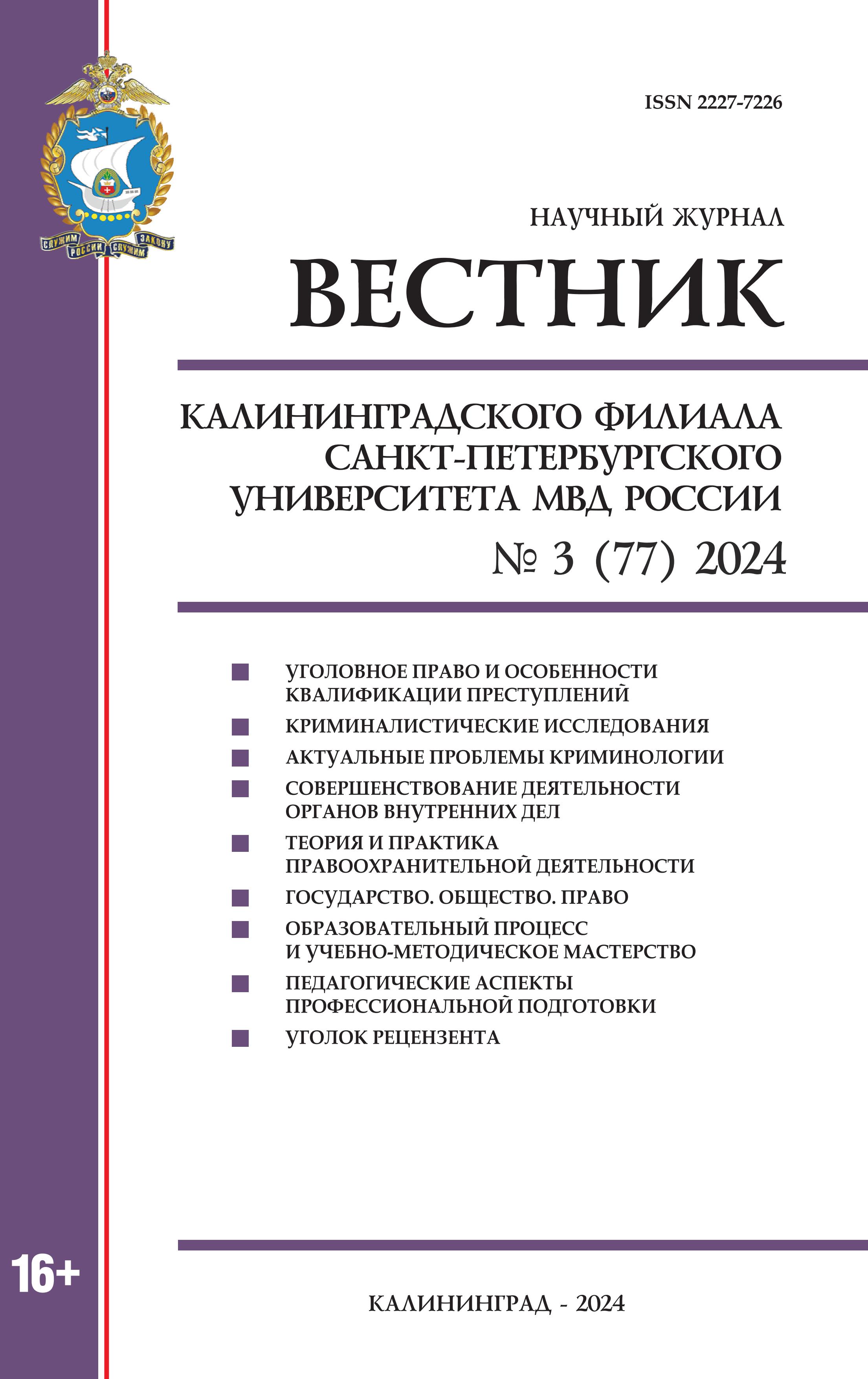Introduction. The activities of human rights institutions are necessary in any legal state. Harmonious and balanced participation of the Commissioner for Human Rights in the Russian Federation (hereinafter referred to as the Commissioner) in the activities of state bodies allows for successful human rights work in our country. The article examines the main functions of the Commissioner's institution, provides a historical review of the institutions and officials who considered complaints about the activities of state bodies in the tsarist period of the Russian state and in Soviet times. Methods. The study used various methods of scientific knowledge: the dialectical method, the method of systems analysis, and the historical method. The material for the study was the normative acts of the Russian legislation regulating the activities of the Commissioner for Human Rights in the Russian Federation, as well as scientific works on the functioning of institutions and officials who considered complaints about the activities of state bodies. Results. Based on the specifics of the human rights defender's institution, the author determines its main features in modern Russia. The institution of the Commissioner continues to develop in new historical conditions, acquiring a significant role in the functioning of the rule of law, which makes it relevant to conduct an assessment of the effectiveness of its activities. The indicators of this assessment cannot duplicate the indicators for assessing the activities of executive authorities or supervisory bodies, but must correspond to the functions assigned to the institution of the Commissioner.
Commissioner for Human Rights, rights and freedoms of citizens, monitoring activities, ombudsman, human rights activities.







